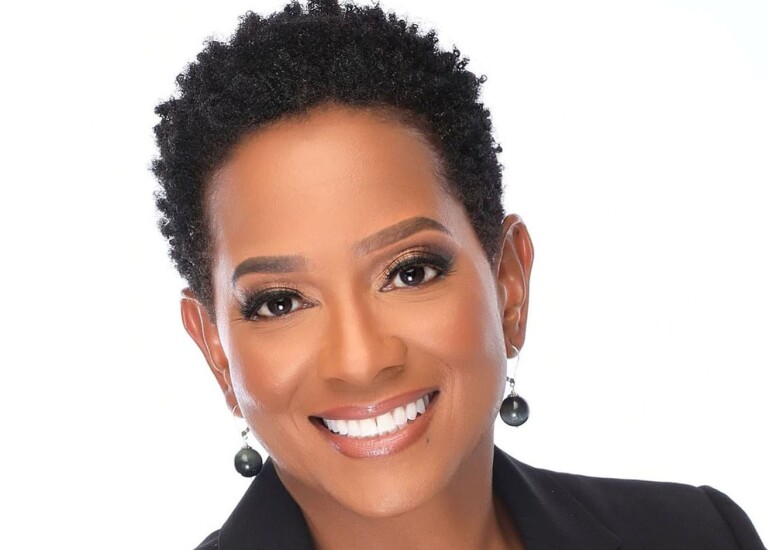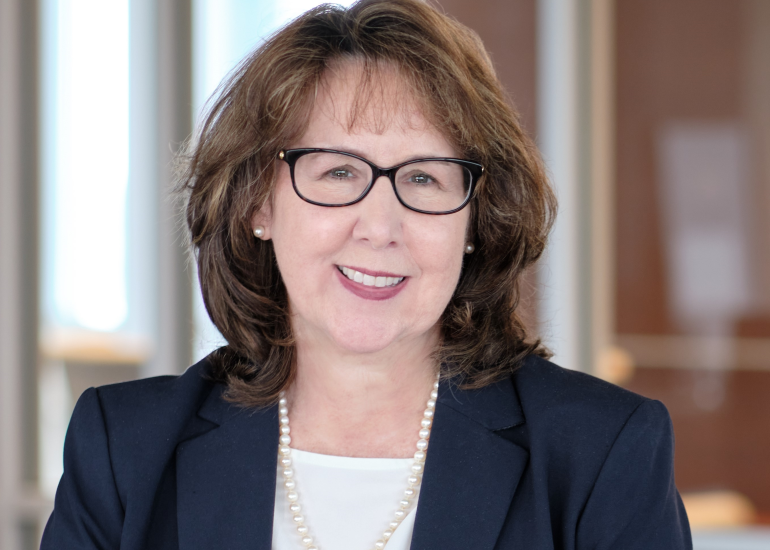The path to leadership is necessarily difficult, given the challenges that await those responsible for leading banks, teams and vital projects that can make the difference in an organization. Courage is as important a skill as any.
"Raise your hand for the difficult assignment, or the special project, or the business unit that has a big turnaround ahead of it," said Beverly Anderson, CEO and president of BECU, one of the country's largest credit unions. "These are the places in one's career where you can learn the most, contribute directly and have a meaningful and demonstrable impact."
Anderson is one of this year's Most Powerful Women in Credit Unions, an annual feature honoring the women who are addressing the problems and opportunities that their organizations and members face. Credit union executives need to have a plan to address the rise of digital commerce, AI, bank and fintech rivals. Leaders must also navigate such pitfalls as an uncertain economic and regulatory climate while serving the credit union mission of shared services and connections to their communities. In that context, the leaders on our list have creativity, expertise, resilience and the ability to inspire not only their employees but also their members.
Congratulations to this year's Most Powerful Women in Credit Unions. Read on to learn more about this year's list of honorees.
Profiles by Joey Pizzolato, John Adams, Frank Gargano and Mary Ellen Egan. Intro by John Adams




















